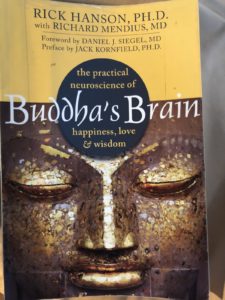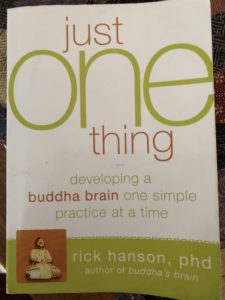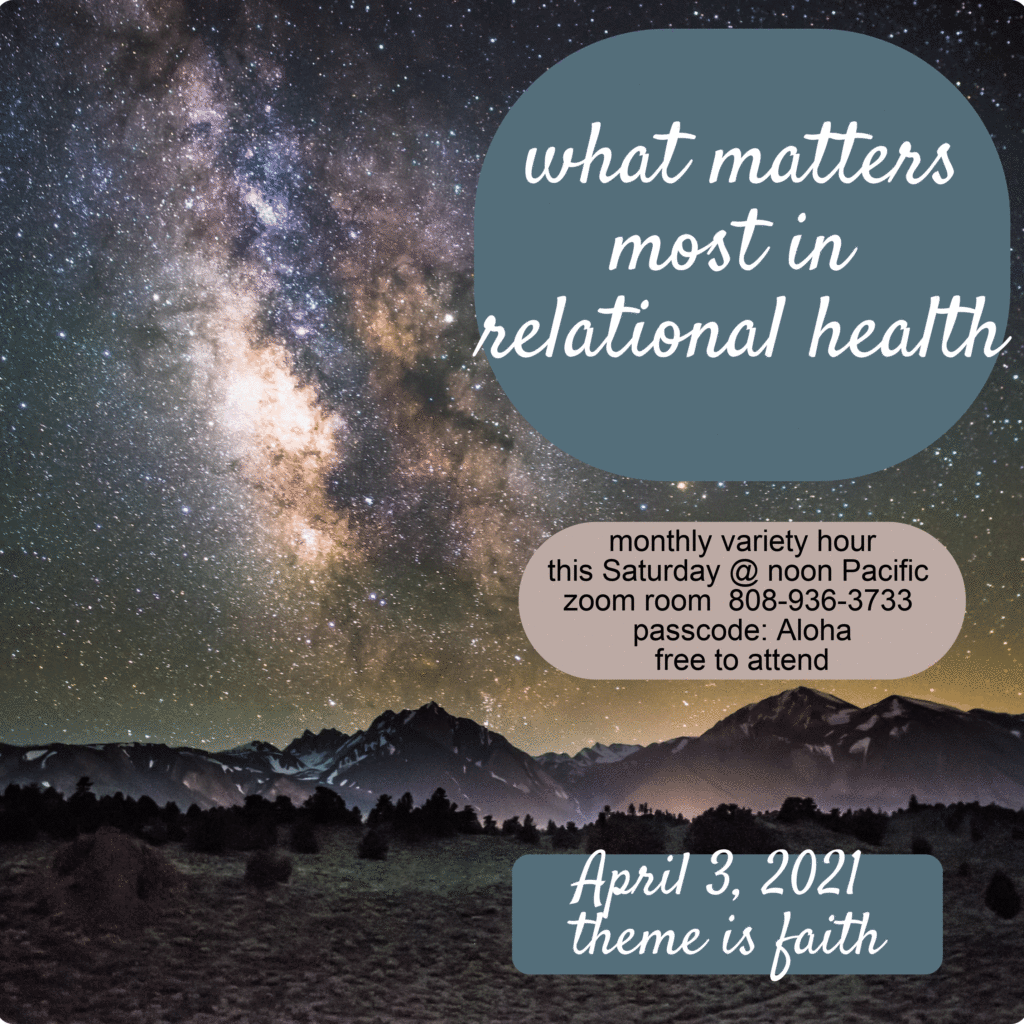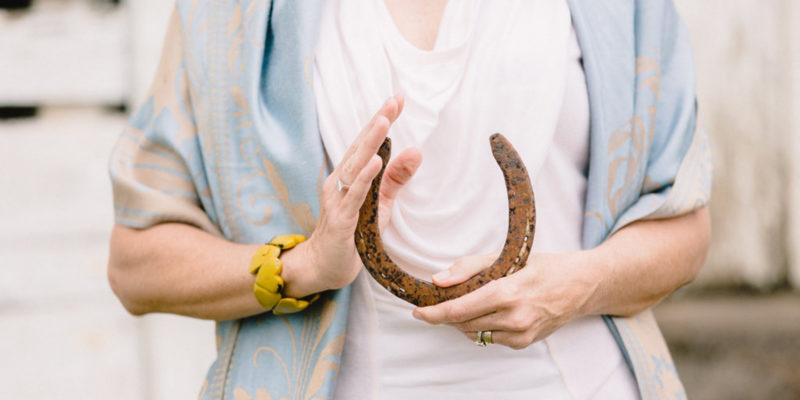Developing a Buddha Brain one simple practice at a time. Without faith in the world and in yourself, life feels shaky and scary. Rick Hanson, PhD, neuropsychologist, tells us why faith is important.
Try a little experiment: in your mind or out loud, complete this sentence a few times: “I have faith in __________.” Then complete another sentence a few time: “I have no faith in _________.” What do faith–and no faith–feel like?
In your experience of faith, there’s probably a sense of trusting in something — which makes sense since the word comes from the Latin root, “to trust.” (“Faith” can also mean a religion, but my meaning here is more general.) Faith feels good. To have confidence is to have faith; “con+fide” means “with+faith.”
Faith comes from direct experience, reason, trusted sources, and sometimes from something that just feels deeply right and that’s all you can say about it. You could have faith in both biological evolution and heaven. Sometimes faith seems obvious, like expecting water to yield each time you prepare to dive in; other times, faith is more of a conscious choice–an act of faith–such as choosing to believe that your child will be all right as he or she leaves home for college.
What do you have faith in–out there in the world or inside yourself?
For example, I have faith in the sun coming up tomorrow, my partner while rock climbing, science or scholarship, the kindness of strangers, the deliciousness of peaches, the love of my wife, God, and the desire of most people to live in peace. And faith in my determination, coffee-making skills, and generally good intentions.
In your brain, faith (broadly defined to include assumptions and expectations) is an efficient way to conserve neural resources by not figuring out things each time from scratch. The visceral sense of conviction in faith integrates prefrontal logic, limbic emotion, and brainstem arousal.
Without faith in the world and in yourself, life feels shaky and scary.
Faith grounds you in what’s reliable and supportive; it’s the antidote to doubt and fear. It strengthens you and supports you in weathering hard times. It helps you stay on your chosen paths, with confidence they will lead to good places. Faith fuels the hope and optimism that encourage the actions that lead to the results that confirm your faith, in a lovely positive cycle. Faith lifts your eyes to the far horizons, toward what’s sacred, even Divine.
This is chapter 16, Have Faith, in Rick Hanson’s gem of a book entitled, Just One Thing, developing a buddha brain one simple practice at a time
Visit him https://www.rickhanson.net/



trust + focus + repair = faith
Amy E is inviting you to a scheduled Zoom meeting.
Topic: Monthly Variety Hour on What Matters Most in Relational Health




Perfect for today! Mahalo